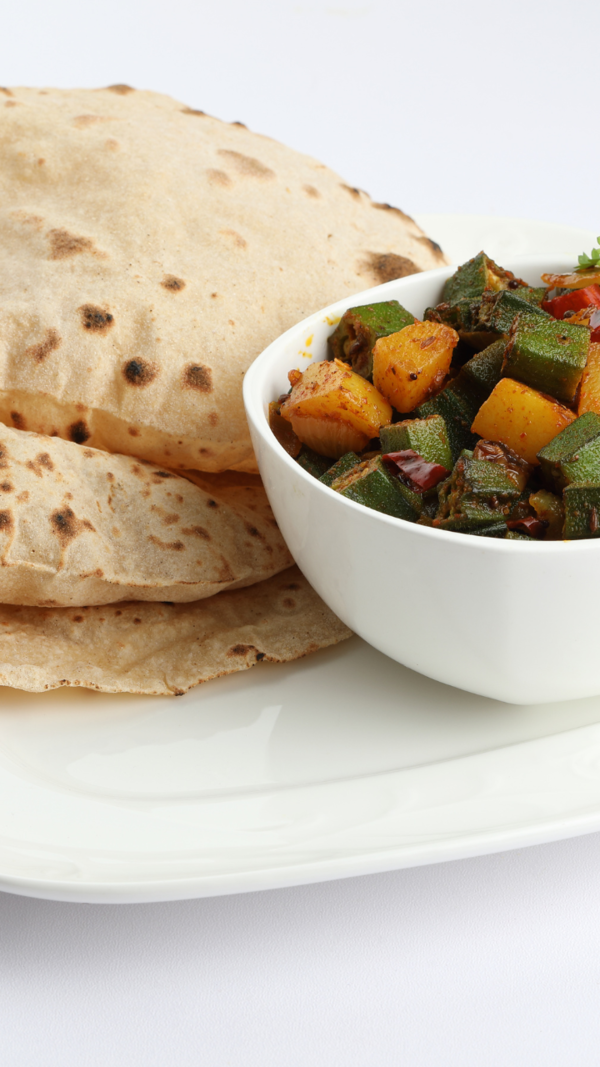- News
- Be in safe hands, know your anaesthesiologist
Be in safe hands, know your anaesthesiologist

It was on October 16, 1846, at the operating theatre of the Massachusetts General Hospital that WG Morton first publicly demonstrated the use of ‘inhaled ether' as a surgical anaesthetic to remove the neck tumour of a patient.
This day came to be celebrated as ‘Ether day' or ‘World Anaesthesia Day'. This was the birth to the youngest field of medicine, anaesthesia. Today, this child has not only grown tall but has also extended its hands to various fields of intensive care, pain medicine, transplant medicine, emergency medicine, and is still growing.
Have you heard of painless labour? Yes, an anaesthetist can make it possible for the expecting mother to not feel any pain while delivering a baby. If God forbids, a patient suddenly collapses and his/her breathing or heartbeat stops, pushing hard and fast on the chest to deliver CPR can help save a life. An anaesthetist is adept at giving CPR.
While the branch is growing rapidly, the common man in general is still ignorant about who an anaesthetist is.
The anaesthesiologist will soothe your worries and answer your queries. This doctor will not only feel your pain but also mitigate it during surgery and later. This doctor will take care of your heart, breath and mind, and smooth your perioperative journey.
Your anaesthetist will diligently ensure pre-surgery optimisation of patients' health, safe functioning of all bodily functions during surgery, and fast and early post-surgery recovery. He/she will diagnose and treat any medical problem that might arise during your surgery or recovery period.
Whether the waters are deep (high risk surgeries like of the brain or heart) or shallow (low risk surgeries like of the eyes, bones or gynaecological), an anaesthesiologist is the doctor who can oar your ship to the shores safely.
In the Kurukshetra of surgery, if Arjuna is the operating surgeon, then the hands guiding the chariot of surgery are those of the able anaesthetist, the Krishna!
This year, the Indian Society of Anaesthesiologists, Nagpur City Branch, has undertaken the mission ‘Safe hands, know your anaesthesiologist', to spread awareness about this branch of medicine amongst the people.
(Author is associate professor in IGGMCH, Nagpur)
End of Article
FOLLOW US ON SOCIAL MEDIA









